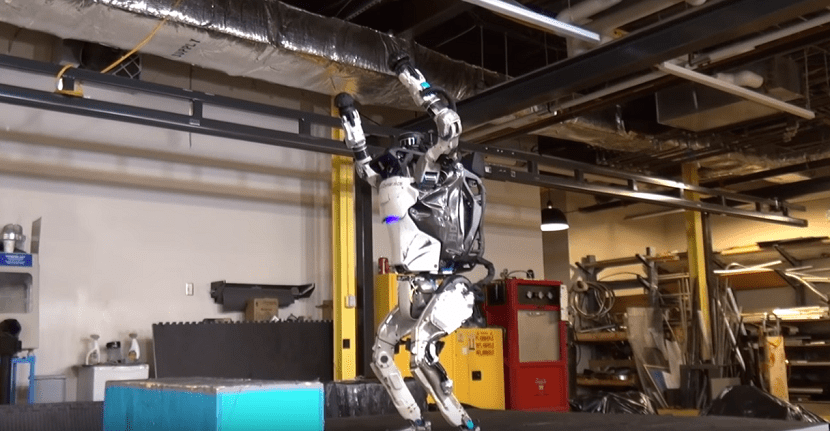
A few weeks ago we already had the opportunity to talk about Boston Dynamics, a company that has been in the market for many more years than you can imagine, since it was founded by engineer Marc Raibert, a former MIT professor in 1992, and that from its inception until now has been able to contribute greatly to the development from robots much more qualified and capable than you can imagine. During this time and thanks to its technology, it got Google interested in it, bought it in December 2013 and, after seeing that they could not make great profits with it, be sold and set course for Softbank. After this dramatic change of scenery, it seems that the company has once again found the direction and especially the necessary financing to continue developing its characteristic and powerful robots in terms of qualities and capabilities.
In the previous post that we dedicated to the company, we had the opportunity at length of a new prototype that Boston Dynamics itself baptized with the name of SpotMini, a robot that stood out for certain characteristics such as its size, since it was much smaller than the rest of its brothers or for certain capacities that it was capable of carrying out directly from its older brothers. This time we will talk about his older brother, the robot Atlas, a model that will surely surprise you when you see everything that, after years of development, it is capable of doing.

Atlas, a project that was originally born thanks to funds obtained from DARPA
If we talk about Atlas, we have to talk about a project that started back in the year 2013 like a humanoid robot funded by nothing less than DARPA motivated by the Fukushima disaster. After a long time of work, the team of researchers and engineers in charge of its development managed to go further and present a prototype that was capable, among other things, of walking through all kinds of terrain without falling, picking up objects and using them naturally , carry heavy objects and even move through very difficult terrain without losing your balance.
Later, the prototype has evolved so much that it finally seems to have become a android capable of performing tasks of considerable difficulty with a series of very agile movements and without complicating life too much to achieve them successfully. Today is the time to talk about a new version of Atlas, a robot that now seems to have learned to perform a new series of movements and tricks worthy of a gymnast.
In its latest version, Atlas is capable of flipping and turning 180 degrees
As you can see in the video that I have left you hanging just above these lines and that it has been Recorded and published directly by Boston Dynamics, we can see a much more agile robot than we could imagine at first, not in vain and as you can see in the video, now Atlas has been endowed with the necessary skill to perform a series of quite complex tricks such as back flips y 180 degree turns.
Personally, I have to confess that the enormous balance that is able to demonstrate in the different tests to which it is subjected. If you have ever dared to program some type of robot, simpler or more complex, you will have realized how enormously complicated it can be to program a platform like this, especially if, in turn, you must take into account Your algorithms, the enormous amount of information, are capable of dumping into the system all the sensors that a prototype like the one you see on the screen must have installed, something that, without a doubt, demonstrates the enormous technical quality that all the engineers that Boston must have Dynamics has on staff.